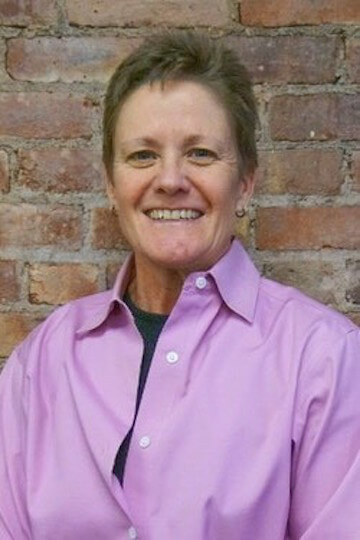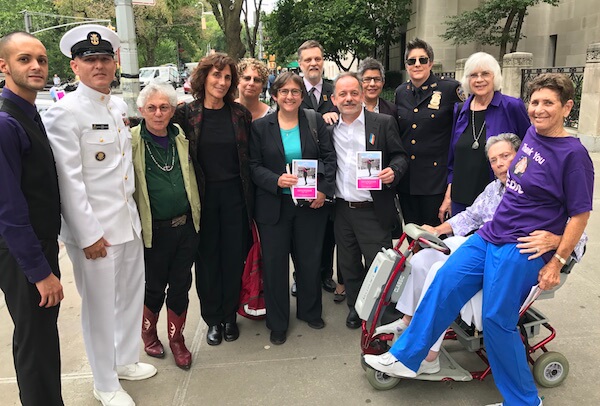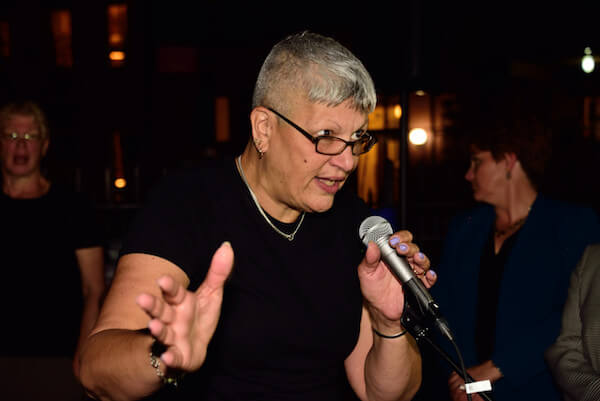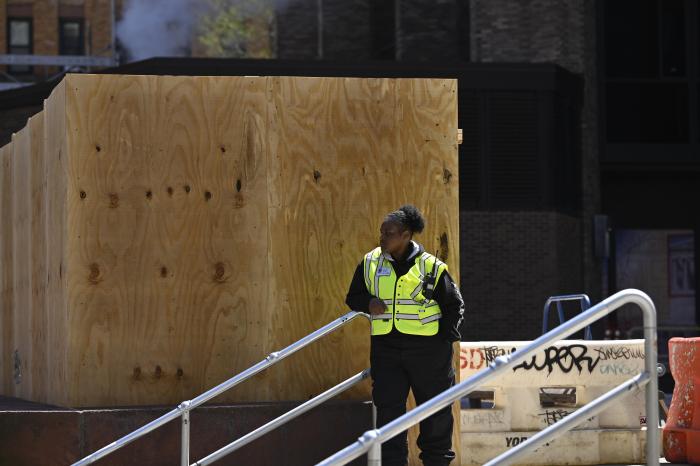Hungary’s government further cracked down on LGBTQ rights this month as part of a series of new laws that have international implications and pave the way for Prime Minister Viktor Orban to tighten his grip on power in the Central European nation.
The move comes as right-wing, anti-LGBTQ political movements have swept through multiple nearby Eastern European countries, including Poland as well as Russia, where a “gay propaganda law” — established in 2013 — has been increasingly used to quash queer visibility and rights. Russia’s semi-autonomous region of Chechnya has also been exposed as a hotbed of violent homophobia.
Now Hungary, which already took aim at transgender and non-binary folks this year by banning birth certificate changes, is stepping up with a new law that only recognizes families with mothers and fathers, which amounts to a ban on LGBTQ adoptions. Hungary’s Parliament also amended the Constitution to state that the nation “protects self-identity of the children’s sex by birth,” clearly sending an anti-trans message — though the specific impact of that amendment was not immediately clear.
“LGBTQ children will be forced to grow up in an environment which restricts them from being able to express their identities, and children across Hungary will be refused safe and loving families, as adoption is restricted only to married heterosexual couples,” Katrin Hugendubel, the advocacy director at International Lesbian, Gay, Bisexual, Trans and Intersex Association (ILGA), said in a written statement. “This attempt to rush through these discriminatory, homophobic, and transphobic new laws are part of an ongoing attack on LGBTQ people by Hungarian authorities.”
Other legislative changes were also shoved through the government all at once, including new laws that handed the government more power to declare states of emergency while also reducing oversight of government funds, raising more concerns.
“This is a dark day for Hungary’s LGBTQ community and a dark day for human rights,” David Vig, the director of Amnesty International Hungary, said in a written statement. Vig added that the new laws represent “just the latest attack on LGBTQ people by Hungarian authorities.”
The effects of the laws extend beyond Hungary’s borders. The nation teamed up with Poland — where some local regions have created deeply controversial “LGBT-free zones” — to stifle efforts by the European Union (EU) to put a check on Hungary by leveraging negotiations over the EU’s budget to get their way. The two nations stopped holding up the budget after striking a deal with the EU that could eventually help Hungary secure more funds, according to The New York Times.
Notably, tensions between the EU and Poland were already tied to queer rights. The EU had blocked funding to the Polish jurisdictions that voted in favor of those so-called LGBT-free zones, which were symbolic resolutions intended to oppose queer rights.
Queer issues exploded in Poland last year when aggressive resistance to inaugural Pride marches fueled what some activists described as “Poland’s Stonewall movement,” according to New York-based LGBTQ activist Brendan Fay, who told Gay City News last year about his trip to Poland when he protested alongside queer activists.
Mark Segal, a veteran of the Stonewall Uprising who is the founding publisher of the Philadelphia Gay News, held a virtual talk with Polish LGBTQ activists last month in a Zoom call that was facilitated by the US Embassy in Poland. Segal was heartened by the resilience of those activists in the face of such adversity.
“They did not feel hammered down at all,” Segal explained in an interview with Gay City News. “They were, as we were in 1969, in a fighting mood and a joyous fighting mood.”
Segal — who said he only agreed to participate in the event if activists were invited — said the Zoom call served as a useful platform for the activists to discuss ideas surrounding their own advocacy, which also includes a focus on supporting abortion rights. They sought ideas from individuals like Segal who had already established themselves as pioneers in the global queer community.
“I never thought I would find myself basically brainstorming with activists on what they could do,” Segal said.
Segal stressed that the developments in Eastern Europe will ultimately be an early test for President-Elect Joe Biden once he takes office next month. Segal noted that Biden recently told him in an email interview that, as president, he would stake a diplomatic approach to resolving LGBTQ rights violations abroad, but would resort to sanctions as a worst-case scenario.
“I believe the incoming State Department [under Secretary of State nominee Antony Blinken] will be as strong on LGBTQ and human rights as Hillary Clinton’s was,” Segal said. “The US hopefully will become a leader on that issue.”
To sign up for the Gay City News email newsletter, visit gaycitynews.com/newsletter.


































